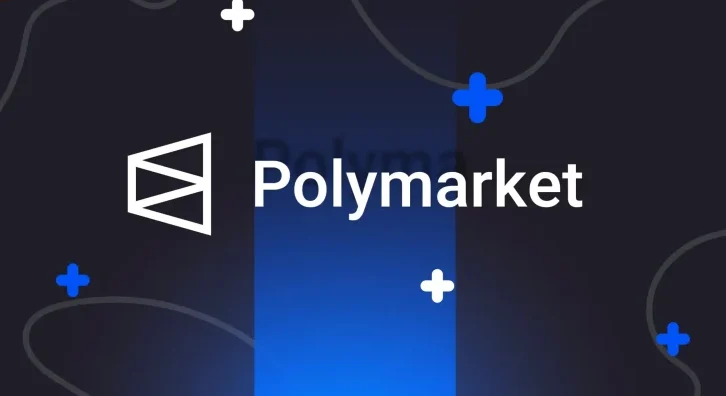As the U.S. presidential election unfolds, betting activity across prediction markets has soared, with nearly $4 billion in trading volume reported on November 5. Polymarket, a decentralized platform, has captured the bulk of this activity, driving over $3.3 billion in trades on the presidential race alone, despite regulatory restrictions in the U.S., according to analysis.
U.S.-based platforms like Kalshi, Robinhood, and Interactive Brokers have also seen growing traction, contributing over $500 million in combined volume since launching election prediction markets in October. These platforms now serve a wide range of election-related contracts, from presidential predictions to state-level Senate races.
Betting Odds Favor Trump in Early Predictions
Currently, leading prediction platforms give Republican candidate Donald Trump an edge, with Polymarket listing his winning odds at 62% and Kalshi and Interactive Brokers placing his chances around 58%. These betting markets use binary contracts to structure payouts, allowing bettors to wager on outcomes with fixed returns, making them highly attractive for users seeking election insights.
Top contracts include bets on the popular vote and the margin of victory, drawing nearly $1 billion in trading activity alone, per public data analyzed.
Heated Competition Among Betting Platforms
The election has sparked intense competition among betting platforms. Kalshi made headlines on October 7 by launching the first-ever legally approved election contracts in the U.S. following a court victory over the U.S. Commodity Futures Trading Commission (CFTC). This legal win paved the way for other platforms, such as Robinhood and Interactive Brokers, to enter the market.
Robinhood’s election betting contracts quickly attracted over 200 million trades, according to a November 5 update. Interactive Brokers followed suit, launching its own election markets in October, which have since reached $50 million in trading volume. Kalshi also recently introduced stablecoin deposits using USD Coin (USDC), further expanding its reach within the crypto community.
Manipulation Concerns and Legal Scrutiny
Despite Polymarket’s dominance, concerns over potential market manipulation have surfaced. Investigations suggest that up to 30% of Polymarket’s U.S. election betting volume may be influenced by wash trading—where traders artificially inflate volume through repeated buy-sell transactions. Reports indicate that five major investors control over half of Polymarket’s shares favoring a Trump win, raising questions about market integrity.
Kalshi has also faced regulatory hurdles. In September, it won a lawsuit against the CFTC, which argued that political event contracts could undermine election integrity. Industry analysts, however, defend the role of prediction markets in capturing public sentiment more accurately than traditional polling.
Financial data providers are taking notice as well. In August, Bloomberg LP began incorporating election odds data from Polymarket into its Terminal, providing institutional investors with real-time election sentiment data.
As the U.S. presidential race progresses, the surge in prediction market volume underscores the growing demand for alternative insights into political outcomes, especially in volatile and high-stakes events like the election.
